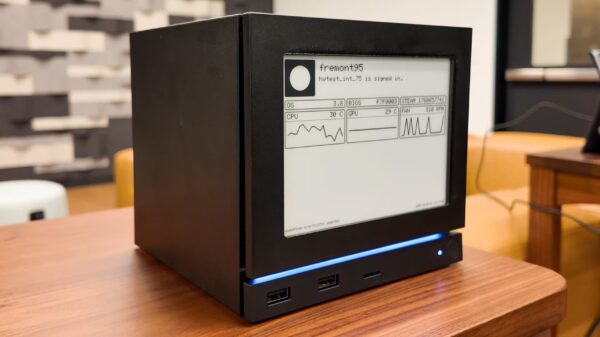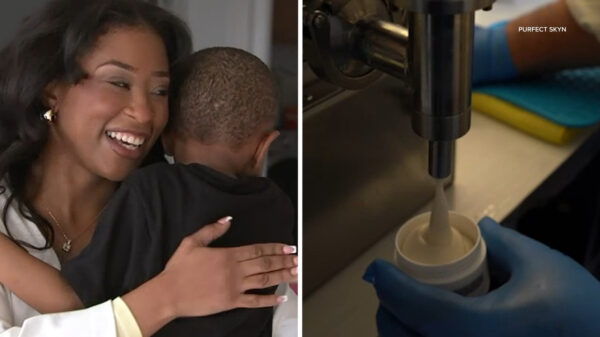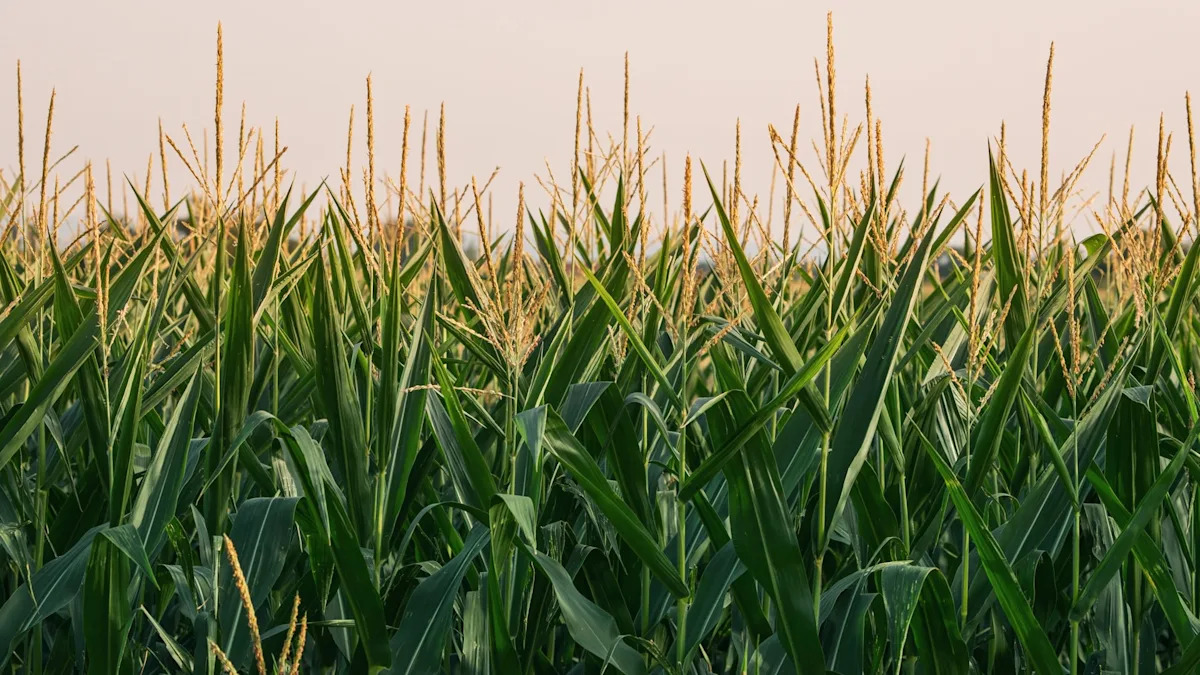A groundbreaking discovery by a team of scientists promises to transform the plastic industry by creating bioplastics from common agricultural materials. This innovation could lead to a sustainable solution to the global plastic pollution crisis, which currently sees over 507 million tons of plastic produced each year.
The research and development initiative, funded by a $7 million grant from the U.S. National Science Foundation, aims to design enzymes that can convert biomaterials into biodegradable plastics. The team is composed of experts from Purdue University, the University of California, San Francisco, University of California, Berkeley, Stanford University, and the biotech company Twist Bioscience.
Innovative Approach to Plastic Production
The new bioplastics, known as polyhydroxyalkanoates, can be produced using readily available materials such as sugar, corn, and agricultural waste. These biomaterials are abundant in the U.S., providing a domestic alternative to the imported oils and gases typically used in plastic manufacturing. Karthik Sankaranarayanan, an assistant professor of agricultural and biological engineering at Purdue University, highlighted that these bioplastics maintain mechanical strength while being “infinitely recyclable.”
Despite the promising potential of polyhydroxyalkanoates, the technology requires further refinement before widespread adoption. Current versions of these bioplastics tend to be fragile under high temperatures, limiting their applications. The research team is focused on enhancing the properties of these materials to enable their use in various products, including medical devices and packaging.
Addressing Plastic Pollution and Economic Benefits
The urgent need for sustainable alternatives is underscored by findings from the International Union for Conservation of Nature, which indicate that only 5% of plastics are currently recycled. A significant portion of plastic waste—approximately 85%—ends up in landfills, while 10% is incinerated, contributing to pollution and environmental degradation. Traditional plastics also produce microplastics that infiltrate ecosystems and pose health risks to humans.
By utilizing domestically sourced agricultural materials, the production of bioplastics could decrease costs for consumers and alleviate the necessity for environmentally harmful oil and gas extraction. This shift to sustainable practices could advance environmental conservation efforts while stimulating the economy.
Emily Leproust, CEO and co-founder of Twist Bioscience, stated, “Working with Purdue elucidates real-world applications of complex sequences, which allows Twist to further advance our ability to manufacture difficult and previously hard-to-make sequences at scale.”
The collaborative effort aims to develop algorithms for selecting appropriate enzymes and analyzing their reaction speeds and structures. Researchers from the University of California, Berkeley, are investigating methods to scale up bioplastic production, preparing for potential commercialization.
The involvement of these reputable institutions and companies signals a significant step forward in addressing the plastic crisis. With continued research and development, this innovative approach could lead to a cleaner future and a revolution in the plastic industry.








































































